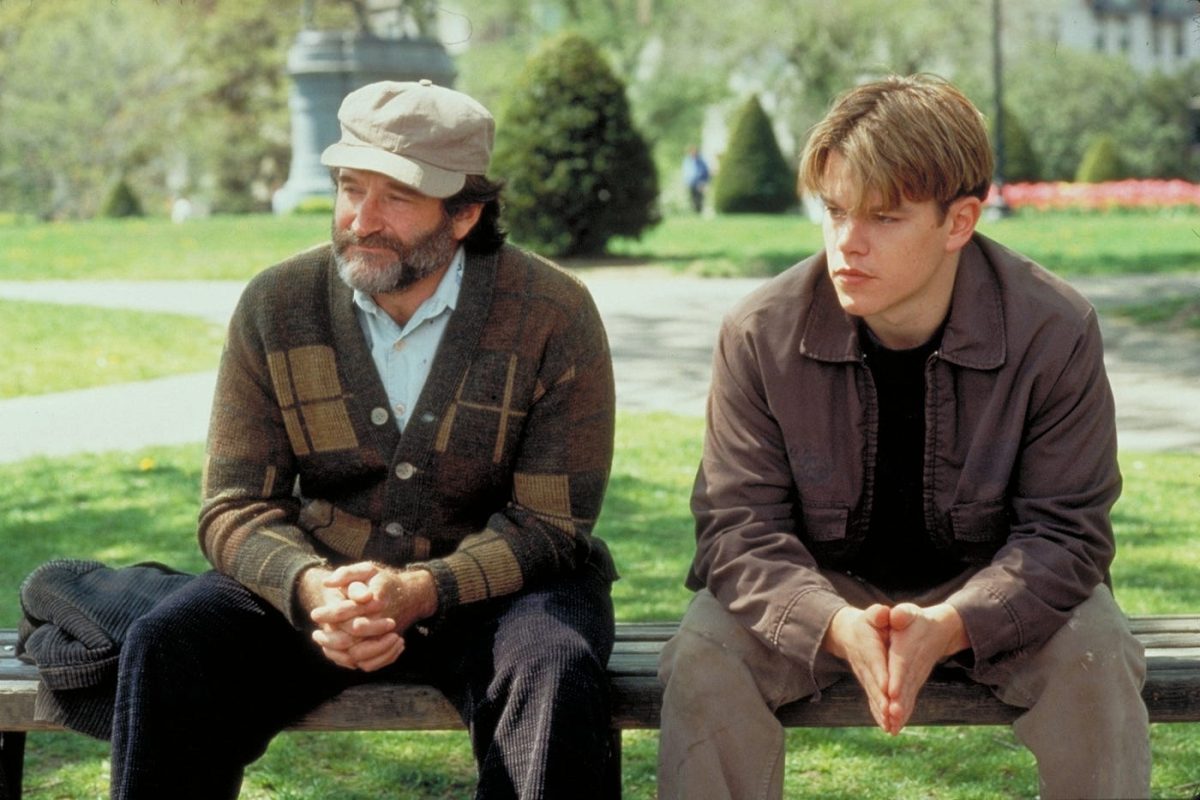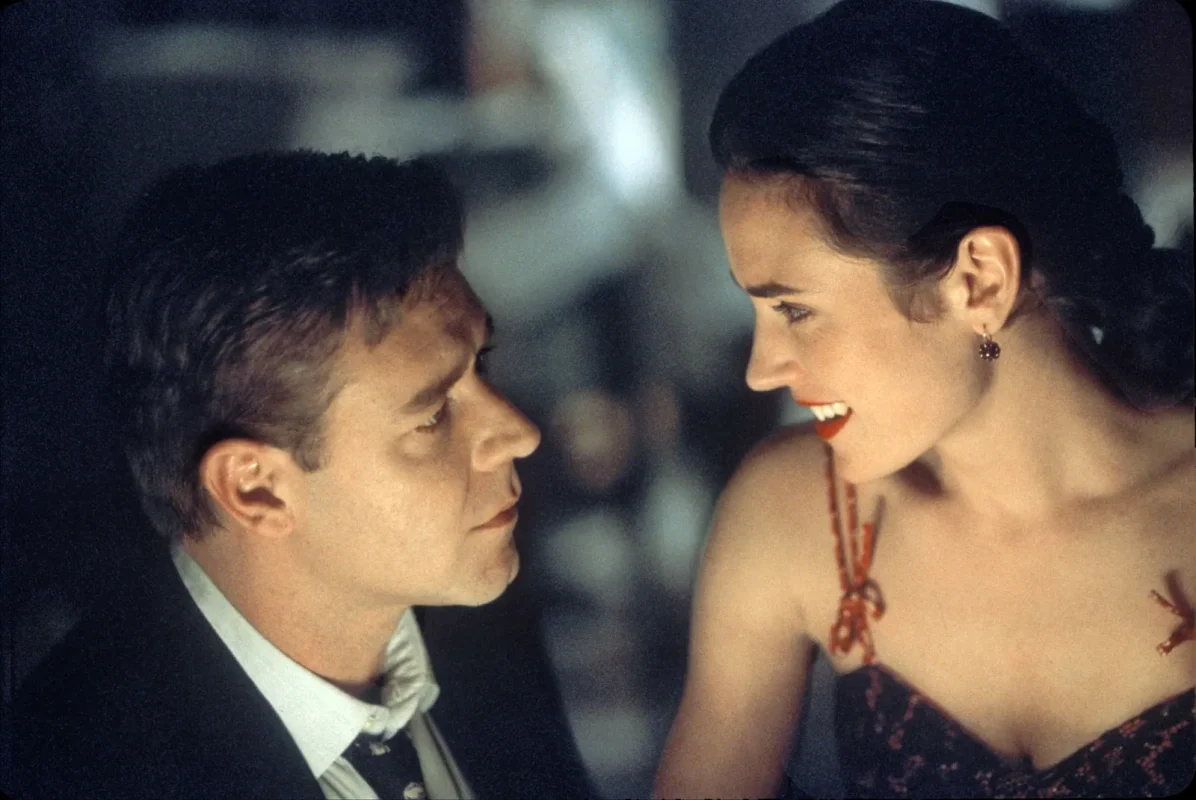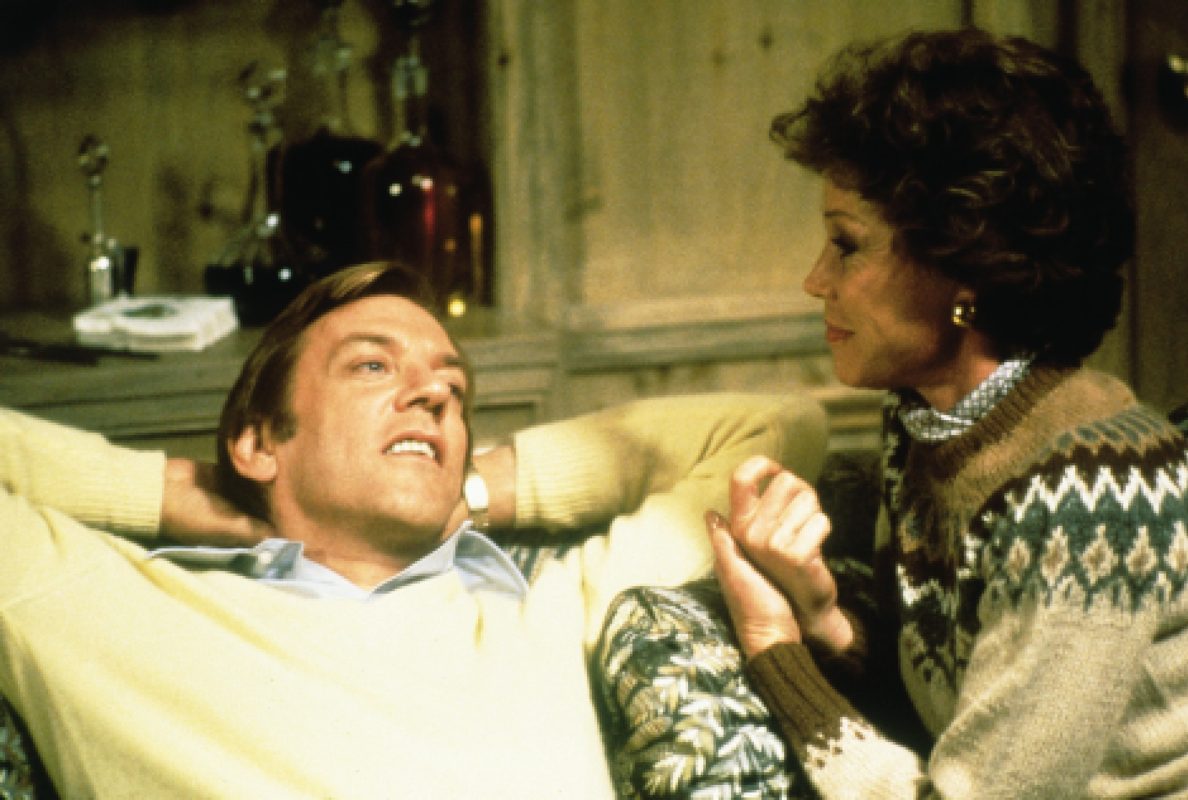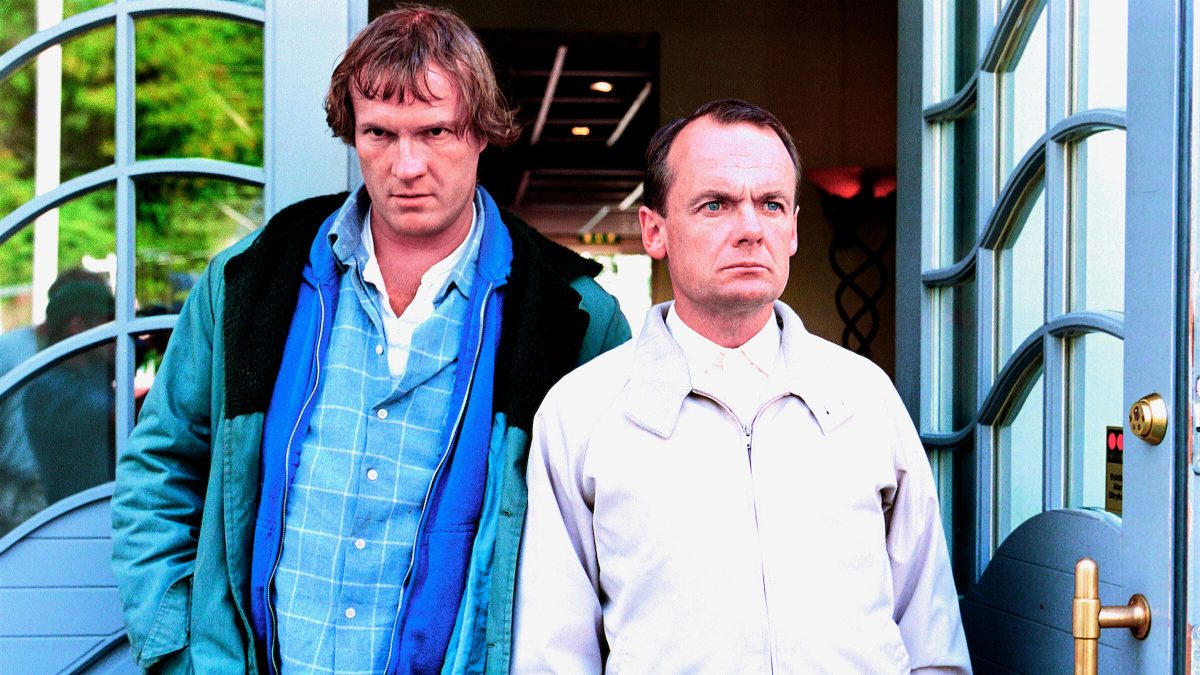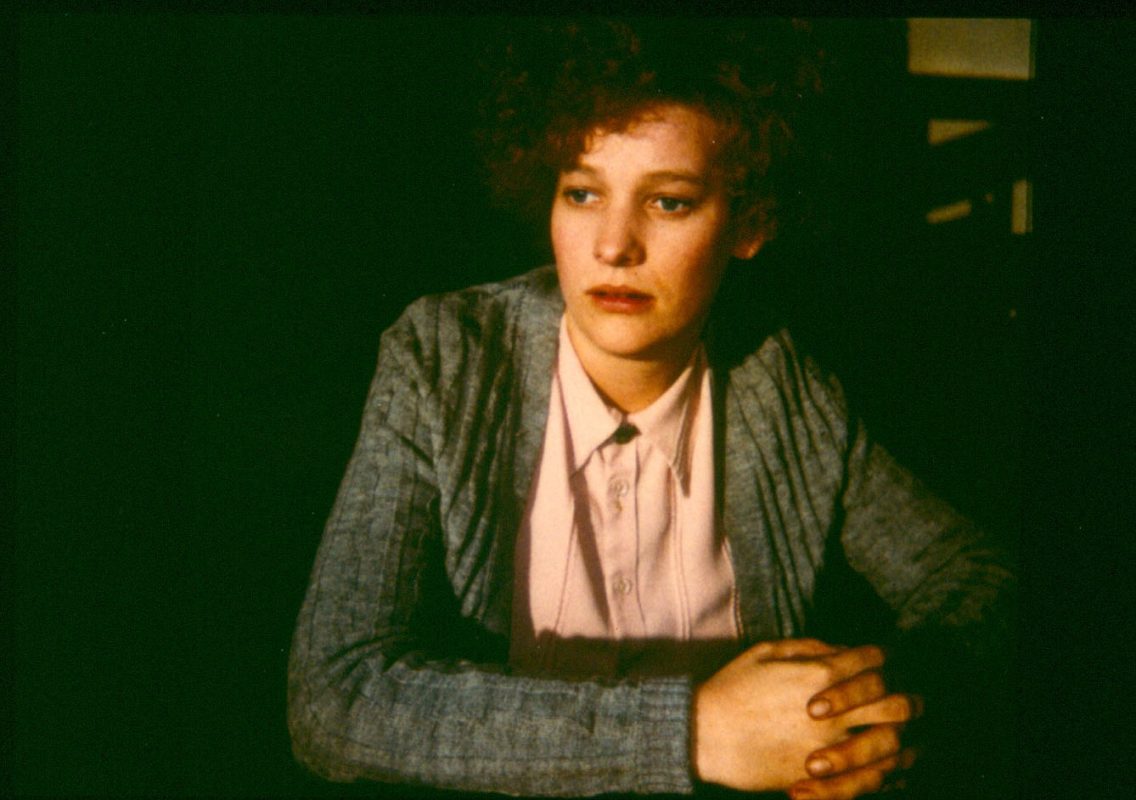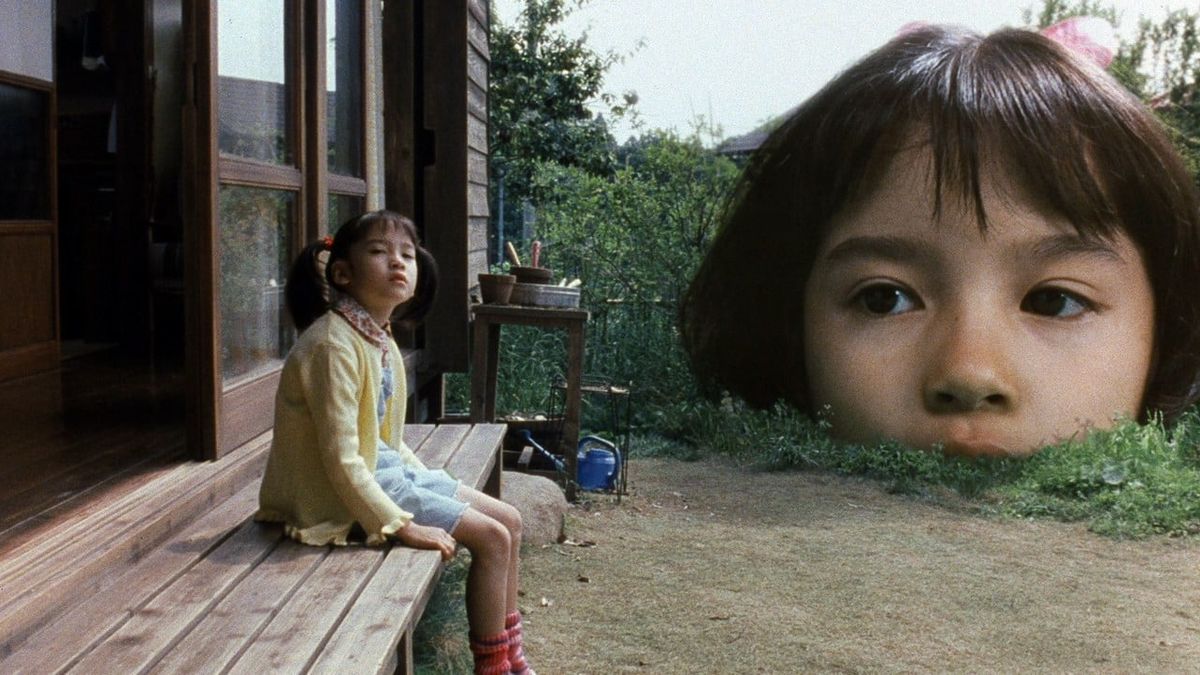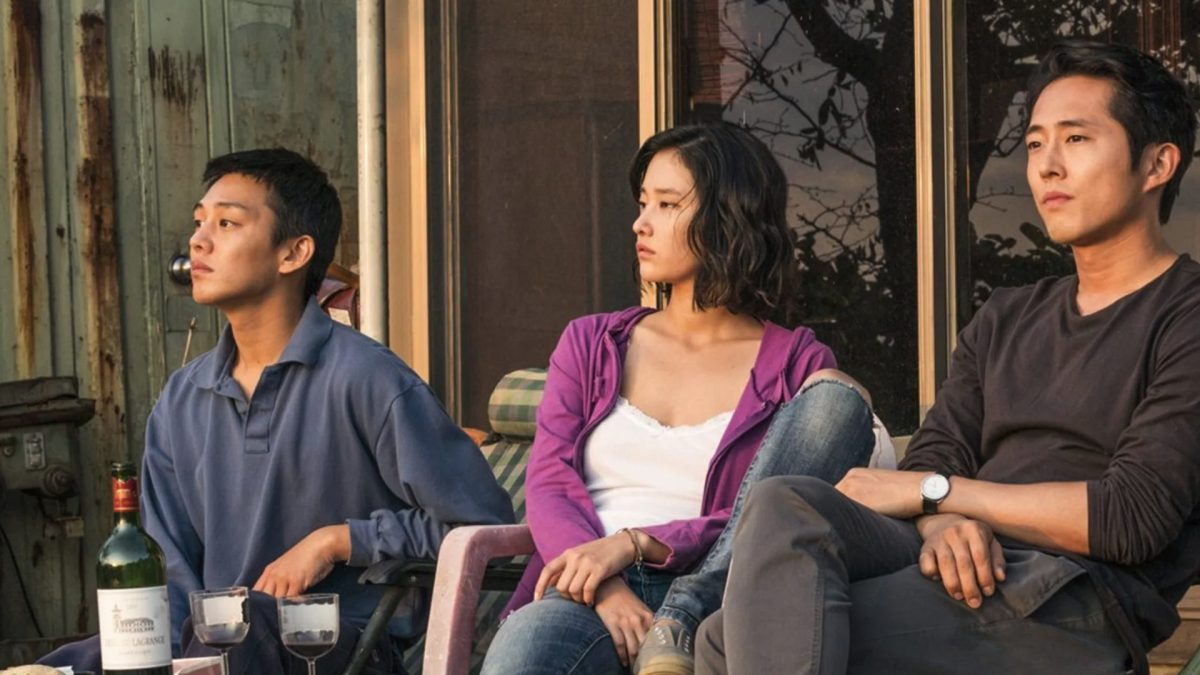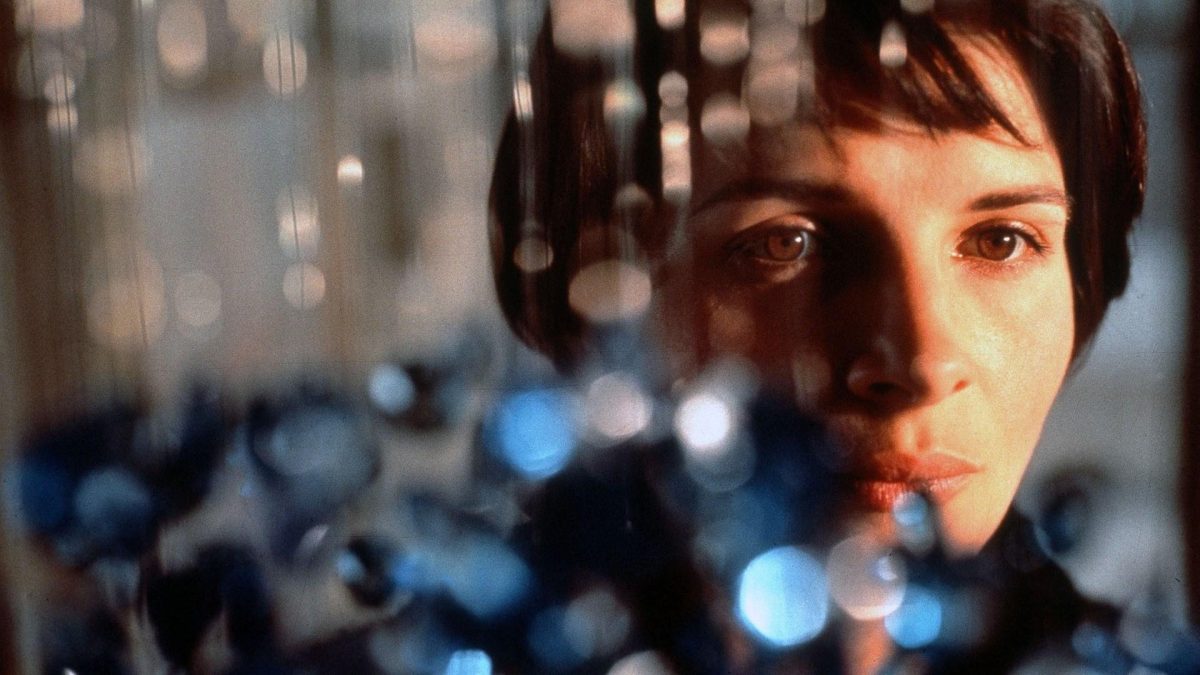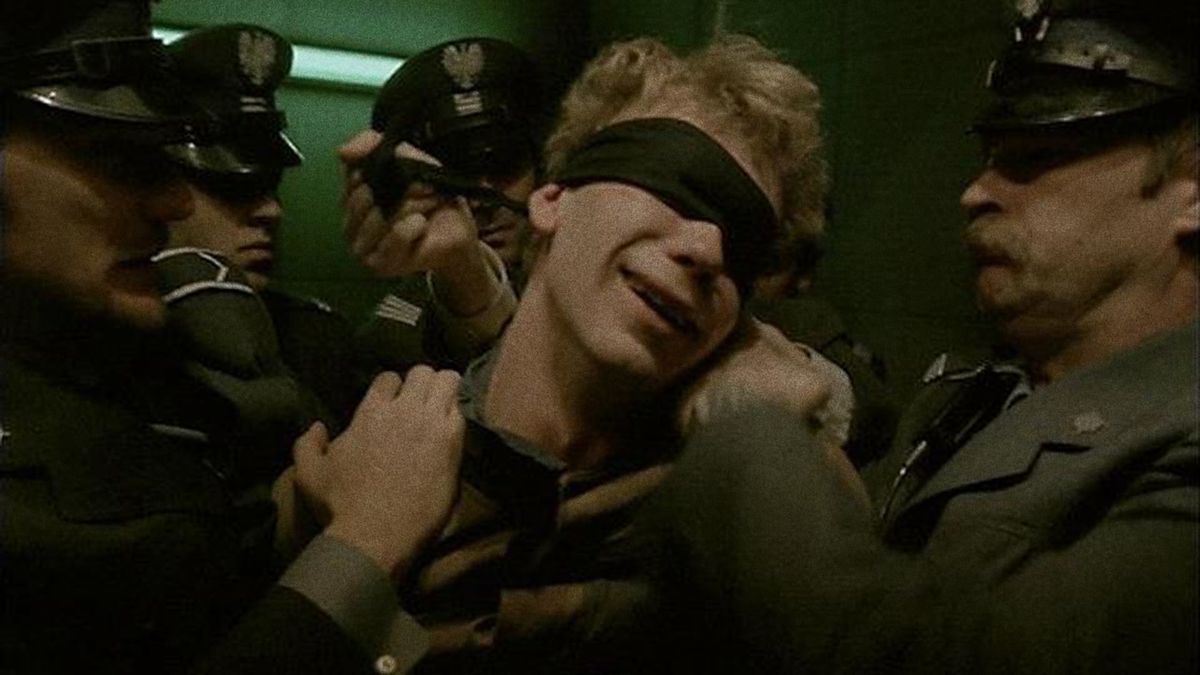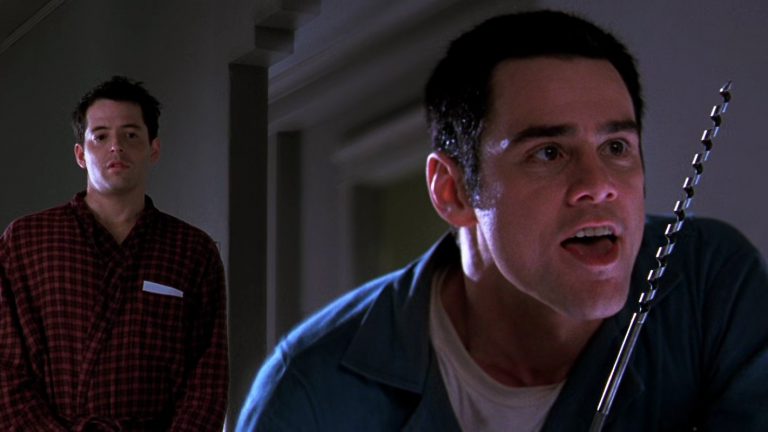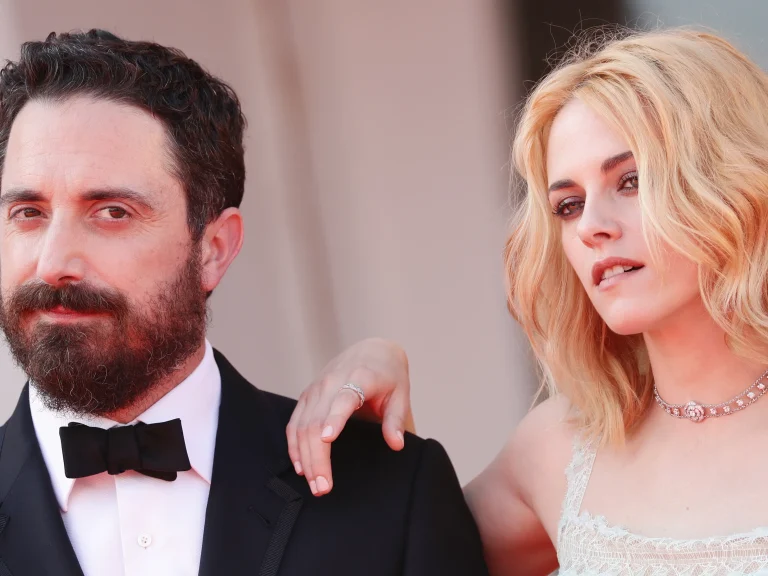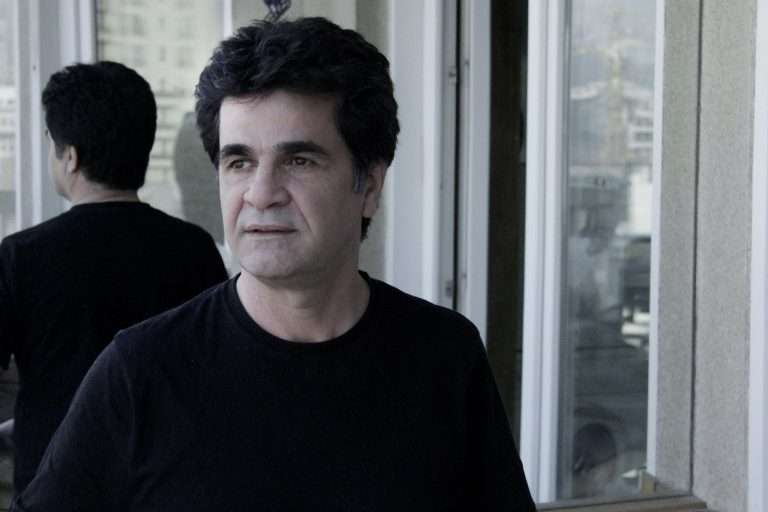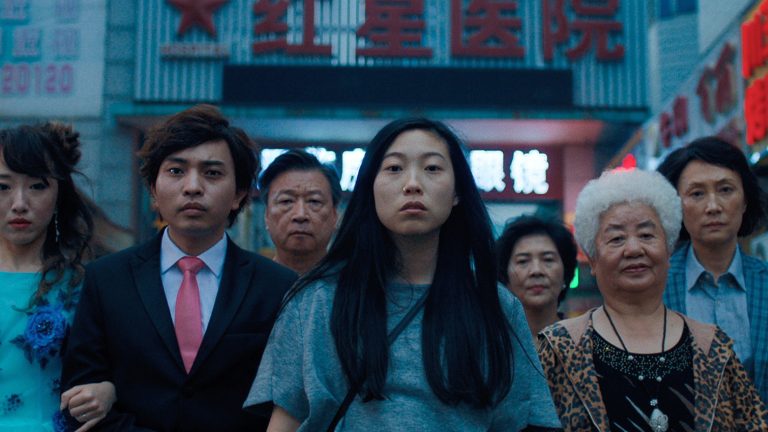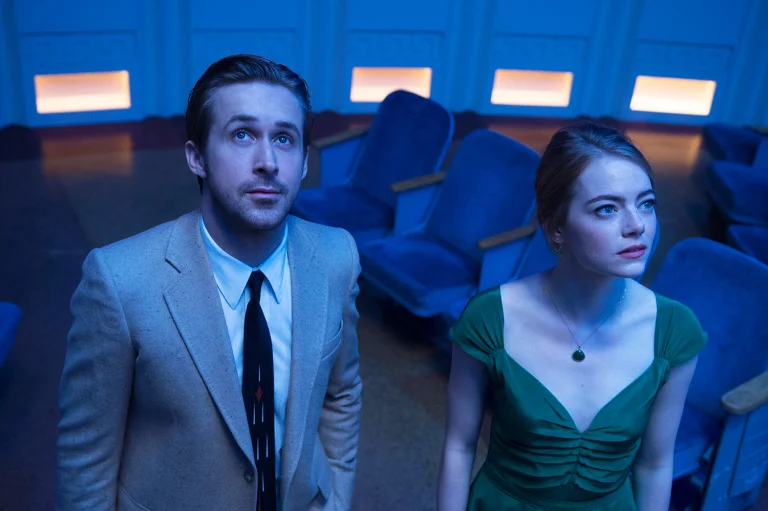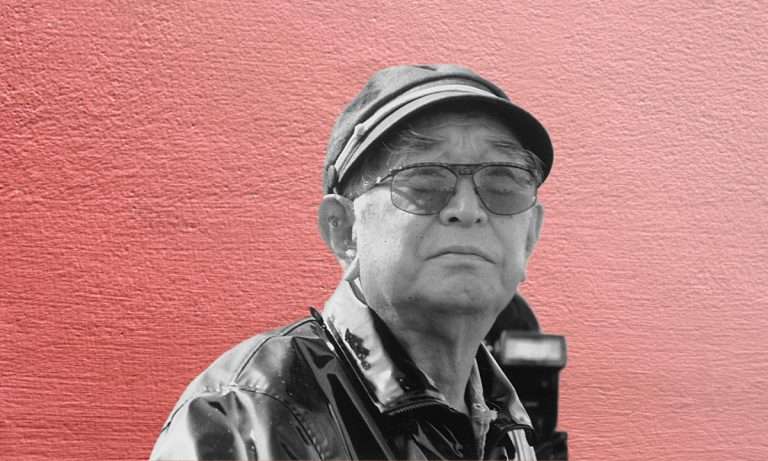When it comes to movies about mental health, you don’t always get the Hollywood clichés of grand speeches or quick fixes. Instead, the best films dive deep into the messy, complicated reality of depression, trauma, and therapy — showing us the silent battles, the slow healing, and sometimes, the heartbreak of being human.
This list brings together 10 powerful films from around the world — from Japan’s poetic daydreams to Poland’s stark moral dramas, from Hollywood classics to arthouse gems that deal with depression, trauma and therapy. They don’t just tell stories; they invite you into the minds and hearts of people wrestling with invisible wounds. Some are raw and gut-wrenching, others gentle and surreal, but all are unforgettable in their honest portrayal of what it means to suffer, to heal, and to keep going.
Whether you’ve experienced these struggles yourself or want a better understanding of mental health’s complexities, these movies offer a mix of empathy, insight, and artistry that stays with you long after the credits roll.
1. Good Will Hunting (1997) – dir. Gus Van Sant
“It’s not your fault.” That line may have become a meme over the years, but in the context of Good Will Hunting, it lands like a gut punch. The film follows Will, a South Boston janitor with a genius-level IQ and a self-destructive streak, who’s pushed into therapy after assaulting a cop. What unfolds is a deeply emotional dance between Will and his therapist, Sean Maguire — played by Robin Williams in a career-defining performance that earned him an Oscar.
Written by then-unknowns Matt Damon and Ben Affleck (who also star), this wasn’t just a breakout film — it was a pop culture moment. But underneath the Oscar buzz and Boston accents lies a remarkably tender portrayal of male vulnerability, grief, and the long shadow of childhood trauma. Therapy in Good Will Hunting isn’t a montage of breakthroughs — it’s a slow, bruising confrontation with everything Will has buried. Williams, himself no stranger to private pain, brings such warmth and restraint that it’s hard not to feel like you were just seen by a therapist.
And here’s a bit of trivia: the role of Sean was originally offered to Mel Gibson, which would’ve been… a very different movie.
Also, Read – 10 Best Inspirational Movies That You Need To Watch
2. A Beautiful Mind (2001) – dir. Ron Howard
It’s not easy turning mathematics into cinema, let alone schizophrenia into something audiences can feel without turning away. But A Beautiful Mind pulls it off — largely on the back of Russell Crowe’s raw, jittery performance as John Nash, the Nobel-winning economist whose brilliance is shadowed by paranoid delusions.
What makes the film so quietly devastating is how it visualizes mental illness not as chaos, but as betrayal — of the mind, of memory, even of love. Nash’s hallucinations are so convincingly woven into his life that we, too, get blindsided when the cracks start showing. It’s a Hollywood biopic, sure, but it’s also a surprisingly nuanced portrait of how difficult — and necessary — it is to separate genius from madness, and how therapy isn’t a cure-all, but a lifelong reckoning.
In crafting Nash’s hallucinations, Howard explained they had to feel true—not objective distortions. He and screenwriter Akiva Goldsman decided to introduce hallucinations first as whispers, then as visuals, so audiences experience them through Nash’s perspective. It’s a deceptively simple technique, but it puts you inside Nash’s mind before you see what he sees. That sensory layering gave the film its emotional punch—and made therapy feel like a negotiated return to reality.
3. Ordinary People (1980) – dir. Robert Redford
Before Robert Redford was galloping through the American West or leading Hollywood’s elite, he quietly directed Ordinary People — a film that feels like a masterclass in subtlety and emotional honesty. It’s a story about a seemingly perfect family unraveling after the accidental death of one son, and the psychological aftermath for the surviving son, Conrad, who’s struggling with depression and guilt.
What’s remarkable here is how therapy isn’t some dramatic, theatrical showdown but rather a slow, sometimes frustrating journey of healing. Judd Hirsch as the therapist captures the gentle persistence needed to peel back layers of trauma, while Timothy Hutton’s vulnerable performance earned him an Oscar. The film feels refreshingly real — no sensationalism, just the quiet torment many families face behind closed doors.
Trivia time: Redford was so committed to the story’s authenticity that he insisted on multiple rewrites and even reshot scenes based on test audience feedback. This meticulous attention paid off — the film won Best Picture and Best Director at the 1981 Oscars, a quiet triumph for a film about the quietest of human crises.
4. Elling (2001) – dir. Petter Næss
If you’re looking for a heartwarming yet honest portrayal of mental health recovery, Elling is a quietly powerful gem from Norway. The film follows Elling and his roommate, both recently released from a psychiatric institution, as they navigate the overwhelming chaos of everyday life. Unlike many dramas that focus on crises, Elling shines by showing the small victories — making friends, handling social awkwardness, and finding purpose.
The film’s success was so unexpected that it became Norway’s first Oscar nominee for Best Foreign Language Film, bringing Nordic mental health stories to a global audience. In interviews, Petter Næss mentioned how the original novel’s humor and empathy were crucial to keeping the tone hopeful without glossing over the struggles. It’s a reminder that healing is often messy, imperfect, and sometimes quite funny.
5. An Angel at My Table (1990) – dir. Jane Campion
An Angel at My Table is a deeply intimate portrait of Janet Frame, a New Zealand writer who survived misdiagnosis and institutionalization in psychiatric hospitals. The film traces Janet’s difficult childhood, her wrongful confinement, and eventual rise as one of New Zealand’s most celebrated authors. Jane Campion’s sensitive direction turns a harrowing biography into a hopeful journey of resilience and creativity.
What’s fascinating is that Janet Frame’s life story challenges stigma around mental illness — showing how trauma and art often intertwine. Campion once noted in an interview that Frame’s words “felt like they came from a different world,” inspiring her to create a film that’s as poetic as it is painful. The result is a rare cinematic experience that feels both fragile and fierce, much like the woman at its heart.
6. The Taste of Tea (2004) – dir. Katsuhito Ishii
The Taste of Tea is an offbeat, whimsical dive into the quiet chaos of a rural Japanese family. It’s less about big drama and more about the small mental battles everyone fights — anxiety, self-doubt, and the search for meaning. The film’s unique blend of surreal moments and everyday tenderness feels like stepping into a dream that’s somehow relatable and deeply human.
What makes it stand out is how it embraces mental health without labeling it. Instead, the characters’ odd habits and inner struggles become part of the film’s charm, showing that healing doesn’t always look clinical — sometimes it’s just weird and beautiful. Despite its niche appeal, The Taste of Tea earned cult status among cinephiles for its poetic take on therapy and self-discovery.
7. Maborosi (1995) – dir. Hirokazu Kore-eda
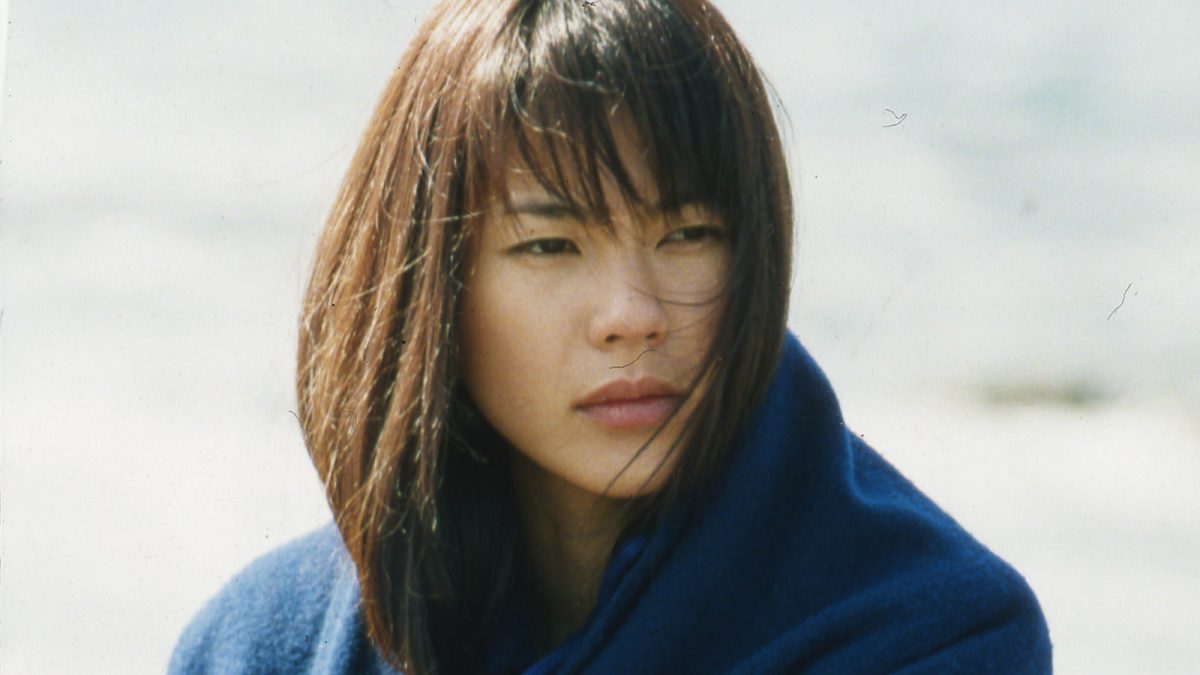
Few films capture the stillness of sorrow quite like Maborosi. This was Hirokazu Kore-eda’s feature debut, and even here, you can see the quiet genius that would define his later work. The film opens with Yumiko, a young mother, losing her husband to suicide — seemingly without warning, without reason. There’s no dramatic reveal, no big therapy session. Just the ache of an absence that can’t be explained, let alone fixed.
Kore-eda once said he was drawn to stories where “the dead still linger in the lives of the living.” And Maborosi lives in that very space. Grief here doesn’t shout — it hovers, haunts, and eventually reshapes Yumiko’s life as she remarries and moves to a quiet seaside village. The therapy, if you can call it that, is found in the wind, the sea, the silence between people learning to live again.
It’s a film that demands patience. Long takes, minimal dialogue, and an emotional tone that never quite rises above a whisper. But for those willing to sit with it, Maborosi offers a stunning, honest portrait of trauma and recovery — not as a breakthrough moment, but as a gradual shift, like sunlight inching across a wall.
Also, Read – All Hirokazu Koreeda Movies, Ranked
8. Burning (2018) – dir. Lee Chang-dong
Burning is an intense psychological thriller with a brooding undercurrent of repressed trauma and social alienation. The film follows Jong-su, whose quiet life spirals after meeting a mysterious woman and her enigmatic boyfriend. Beneath its enigmatic plot lies a raw exploration of loneliness, obsession, and the scars that people hide — even from themselves.
Lee Chang-dong, known for his literary and layered storytelling, weaves therapy themes into the film’s atmospheric tension. The ambiguity and simmering rage reflect unresolved trauma that festers beneath polite society. Burning was South Korea’s official entry for Best Foreign Film at the Oscars, praised for its complex portrayal of mental unrest and the invisibility of suffering.
Also, Read – All Lee Chang-dong Movies, Ranked
9. Three Colors: Blue (1993) – dir. Krzysztof Kieślowski
When we talk about movies that understand the slow, raw process of grief — not just the tears, but the numbness, the silence, the sheer blankness of loss — Blue towers above most. Juliette Binoche plays Julie, a woman whose husband and young daughter die in a car crash. She survives, but barely. What follows isn’t some melodramatic redemption arc. Instead, Kieślowski asks: What if someone didn’t want to heal? What if they wanted to disappear?
This is where Blue becomes extraordinary. Julie doesn’t go on a journey; she retreats. She sells her home, cuts off everyone, and tries to erase her past — all while Paris glows in chilly blues that feel like echoes of her broken psyche. Binoche’s performance is so internal it’s almost ghost-like, and yet you can feel every suppressed scream behind her eyes.
Kieślowski reportedly told his team he wanted to “film the absence of sound.” And you feel it. Music appears only in moments Julie can’t suppress anymore — like trauma pushing its way back into consciousness. Blue isn’t comforting. It’s devastating. But for anyone who’s known real grief, it’s also honest in a way few films dare to be.
10. A Short Film About Killing (1988) – dir. Krzysztof Kieślowski
Though not a traditional trauma or mental health film, A Short Film About Killing offers a brutal look at the psychological impact of violence and the death penalty on both victims and perpetrators. This grim, unflinching film forces viewers to confront the trauma embedded in cycles of violence and questions whether justice truly heals.
Kieślowski’s stark cinematography and slow pacing emphasize the heavy toll of trauma on the human psyche. The film stirred controversy in Poland, contributing to debates on capital punishment and human rights. It’s a challenging watch but essential for anyone interested in the darker psychological effects of crime and punishment.

